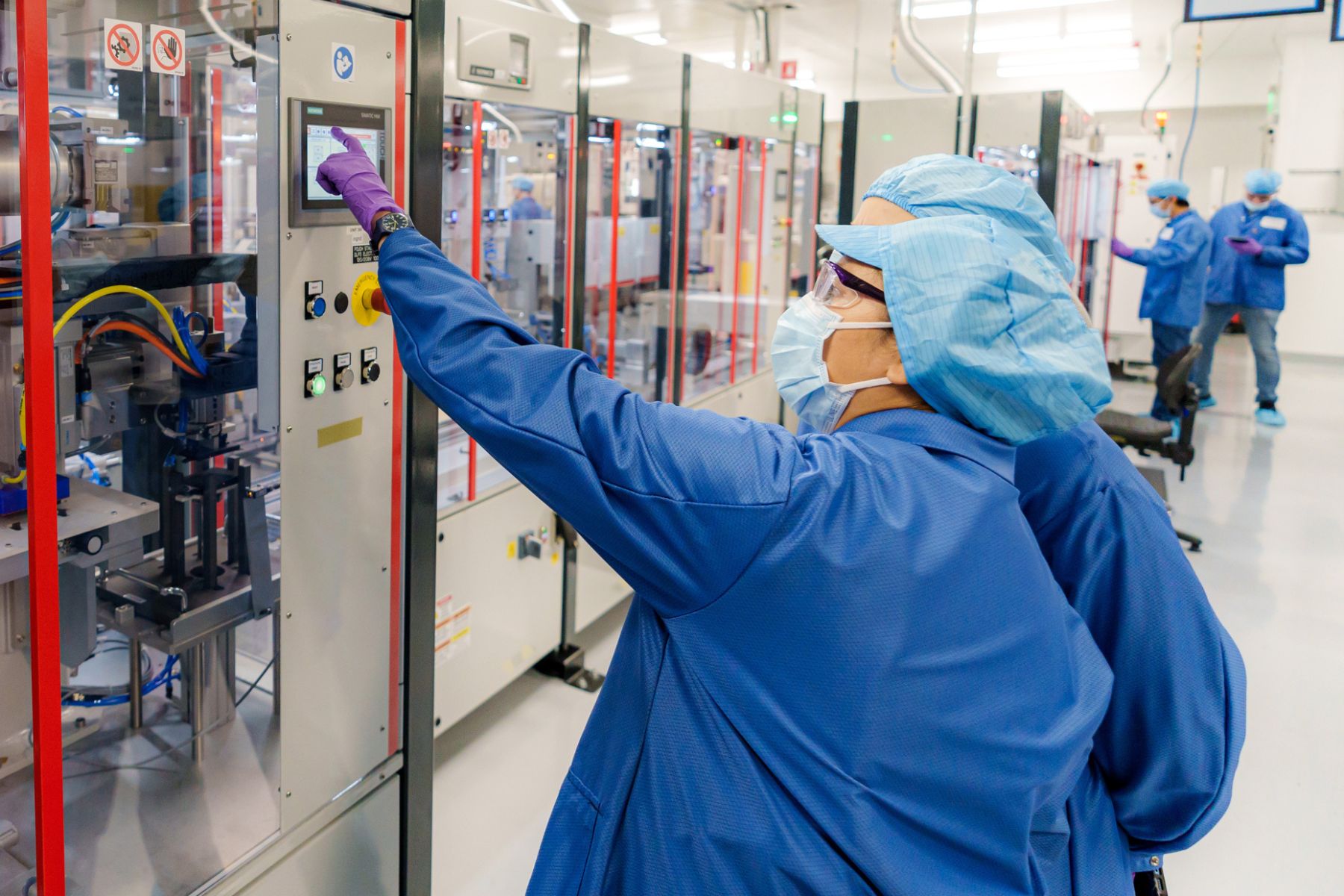Lyten, a pioneering supermaterials application company, has achieved a significant manufacturing milestone, consistently producing lithium-sulfur batteries with a yield greater than 90%. This accomplishment, using a lithium metal anode, underscores Lyten’s capacity for rapid scalability in delivering next-generation batteries, leveraging existing lithium-ion manufacturing infrastructure.
Key Highlights:
- Over 90% Yield Achieved: Lyten has surpassed a 90% production yield, marking a notable advance in lithium-sulfur battery manufacturing.
- Rapid Scalability: Utilizing standard lithium-ion manufacturing tools, Lyten demonstrates fast and cost-efficient scalability.
- Environmental Advantages: The new battery technology eliminates the use of NMP, reducing potential health and environmental risks.
- Robust Against Contamination: Enhanced tolerance to metallic contamination lowers production costs and operational complexities.
- Future Plans: Lyten aims for 98%+ yields and the initiation of commercial deliveries in 2024, focusing on aerospace and government sectors.
Lyten’s success in manufacturing lithium-sulfur batteries using an automated pilot line in Silicon Valley demonstrates the potential for rapid scalability using the current lithium-ion manufacturing setup. Achieving over a 90% yield confirms the practicality of producing lithium-sulfur batteries with a sulfur cathode and lithium metal anode. This performance leverages standard lithium-ion equipment and processes, showcasing a swift, low-cost transition capable of broad application.
Dan Cook, Lyten’s CEO, emphasizes the breakthrough’s significance in reducing scale-up risks and surpassing existing battery technologies in performance and cost. The lithium-sulfur battery’s manufacturing process, free from NMP, offers an environmentally friendly alternative with a lower health and safety impact. The battery’s resistance to metallic contamination further reduces production and operational expenses.
Celina Mikolajczak, Chief Battery Technology Officer at Lyten, highlights the manufacturing advantages of lithium-sulfur batteries, pointing to their potential for mass market adoption due to lower production costs and environmental benefits. With no nickel, cobalt, manganese, or graphite required, Lyten’s batteries promote local sourcing and manufacturing.
Looking ahead, Lyten anticipates reaching even higher production yields and beginning commercial deliveries in non-EV sectors by 2024. The company’s focus extends across various industries, including EV, trucking, aerospace, and government sectors, aiming to meet growing demand with rapid manufacturing scale-up.
About Lyten: Founded in 2015, Lyten stands at the forefront of supermaterial applications, incorporating its proprietary 3D Graphene technology into decarbonizing initiatives. With over 415 patents and ongoing projects in batteries, polymer composites, and sensors, Lyten continues to innovate from its San Jose base, committed to environmental sustainability and technological advancement.
Sign up for our popular daily email to catch all the latest EV news!


